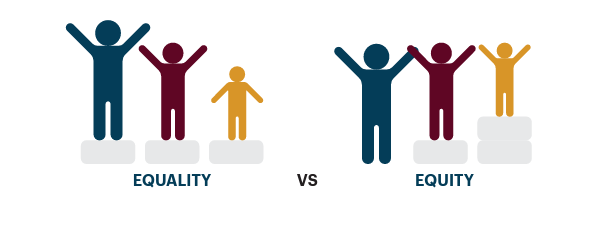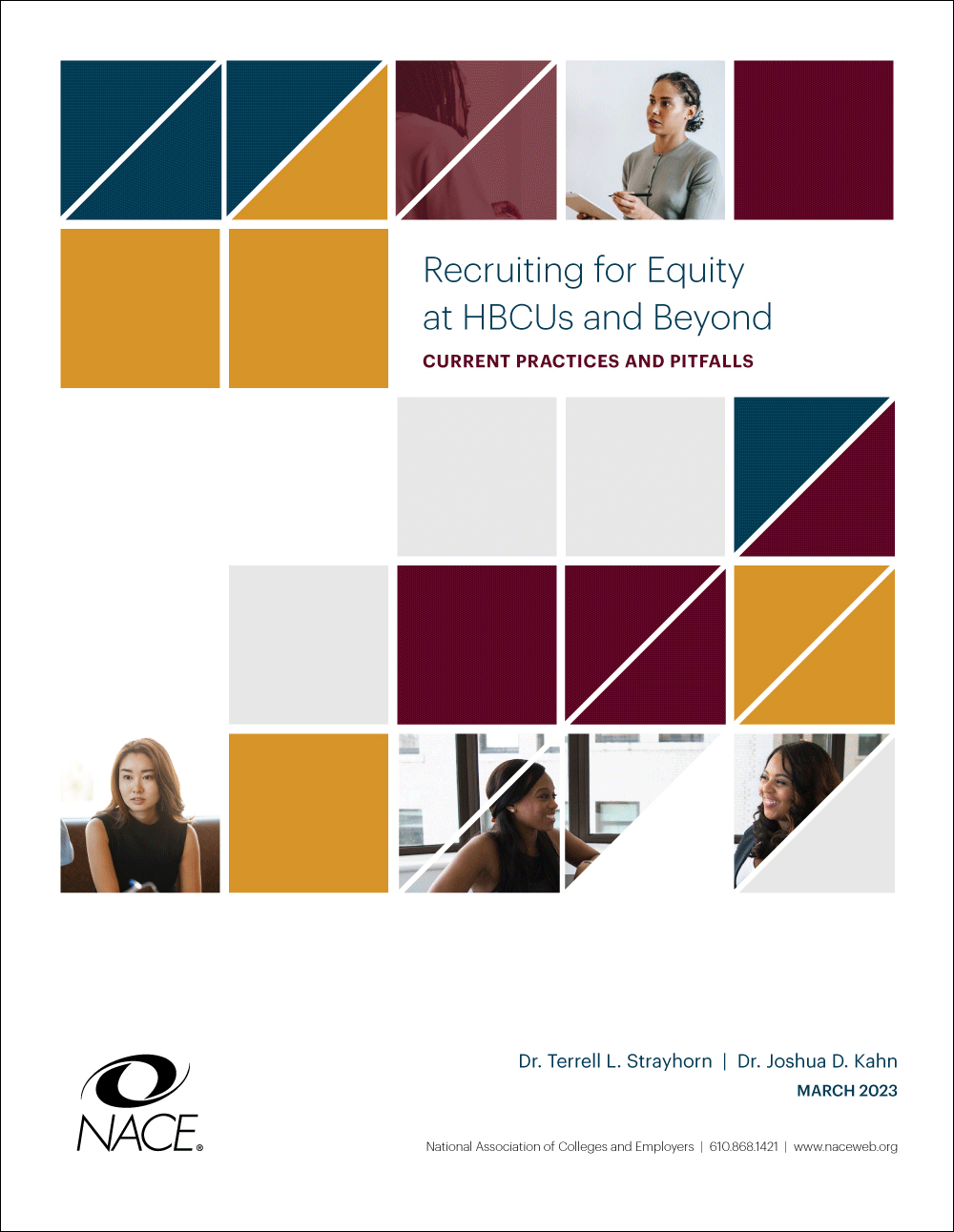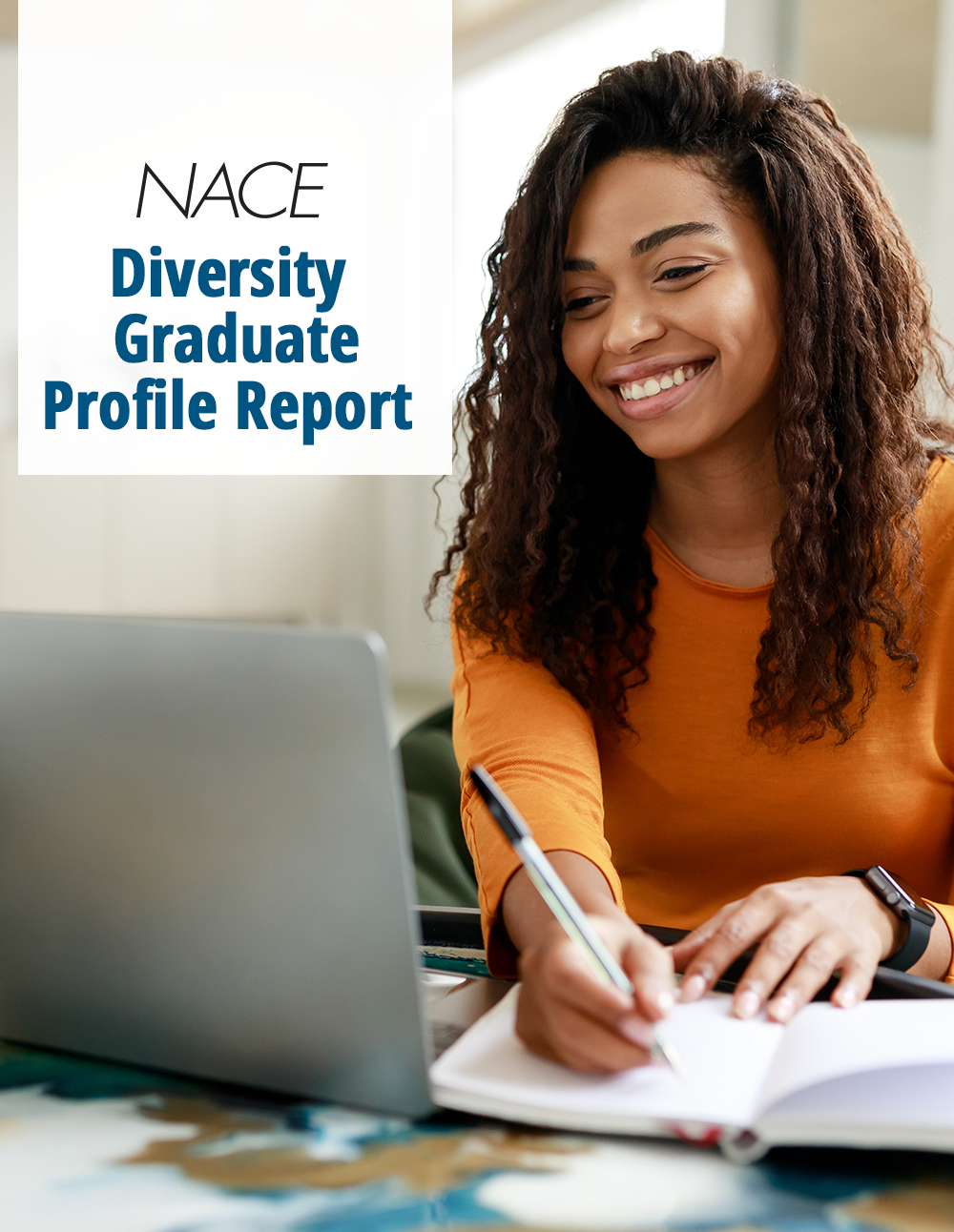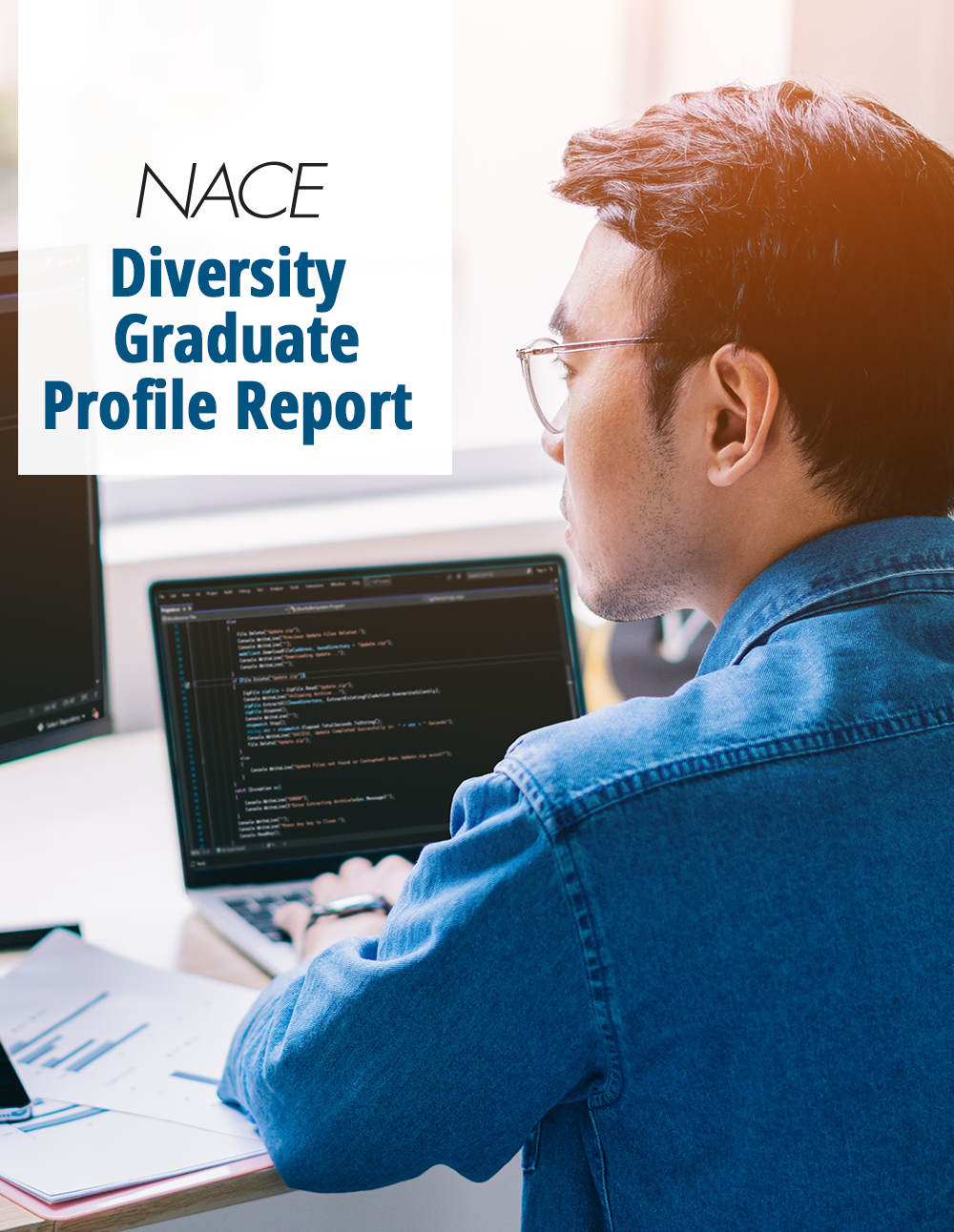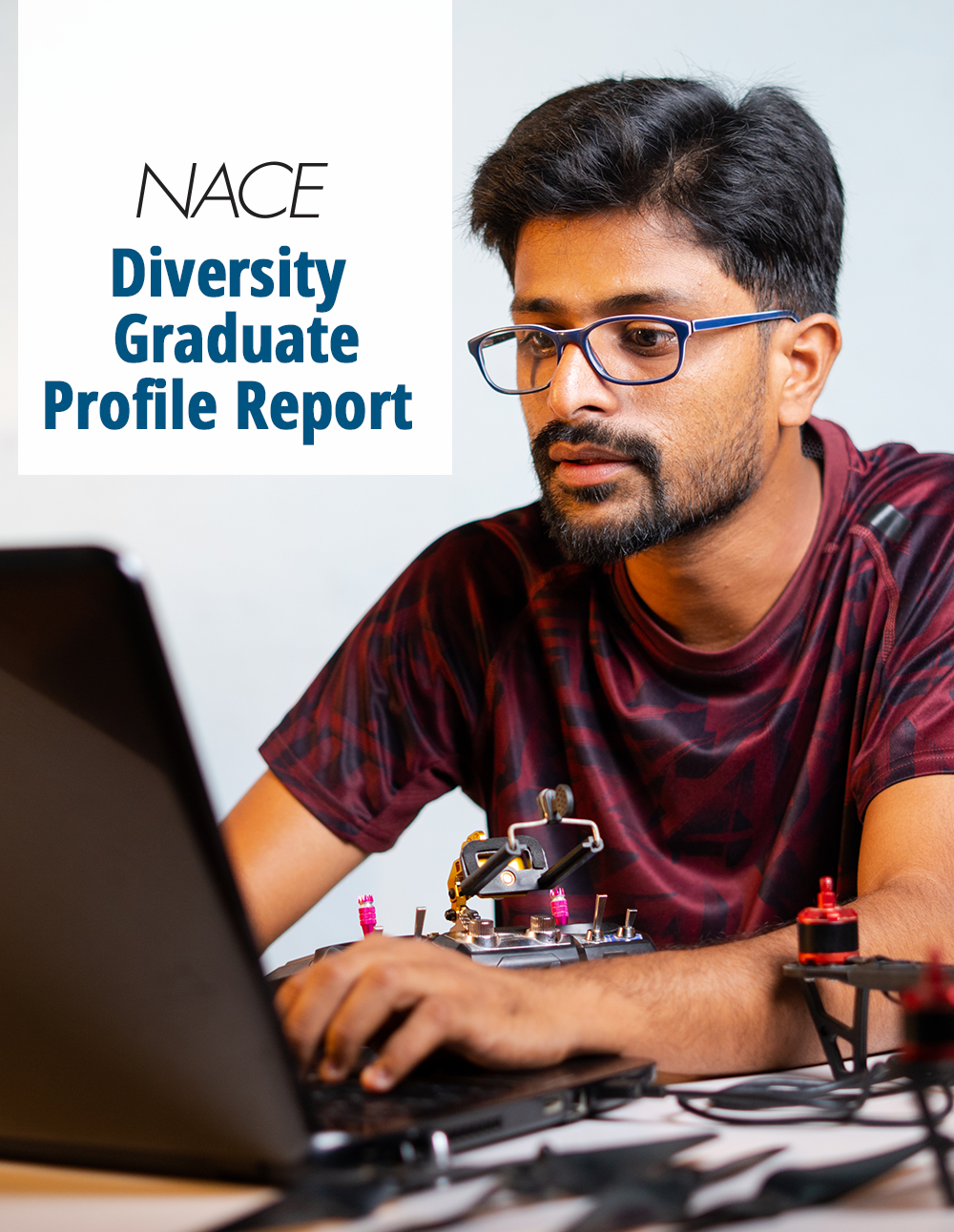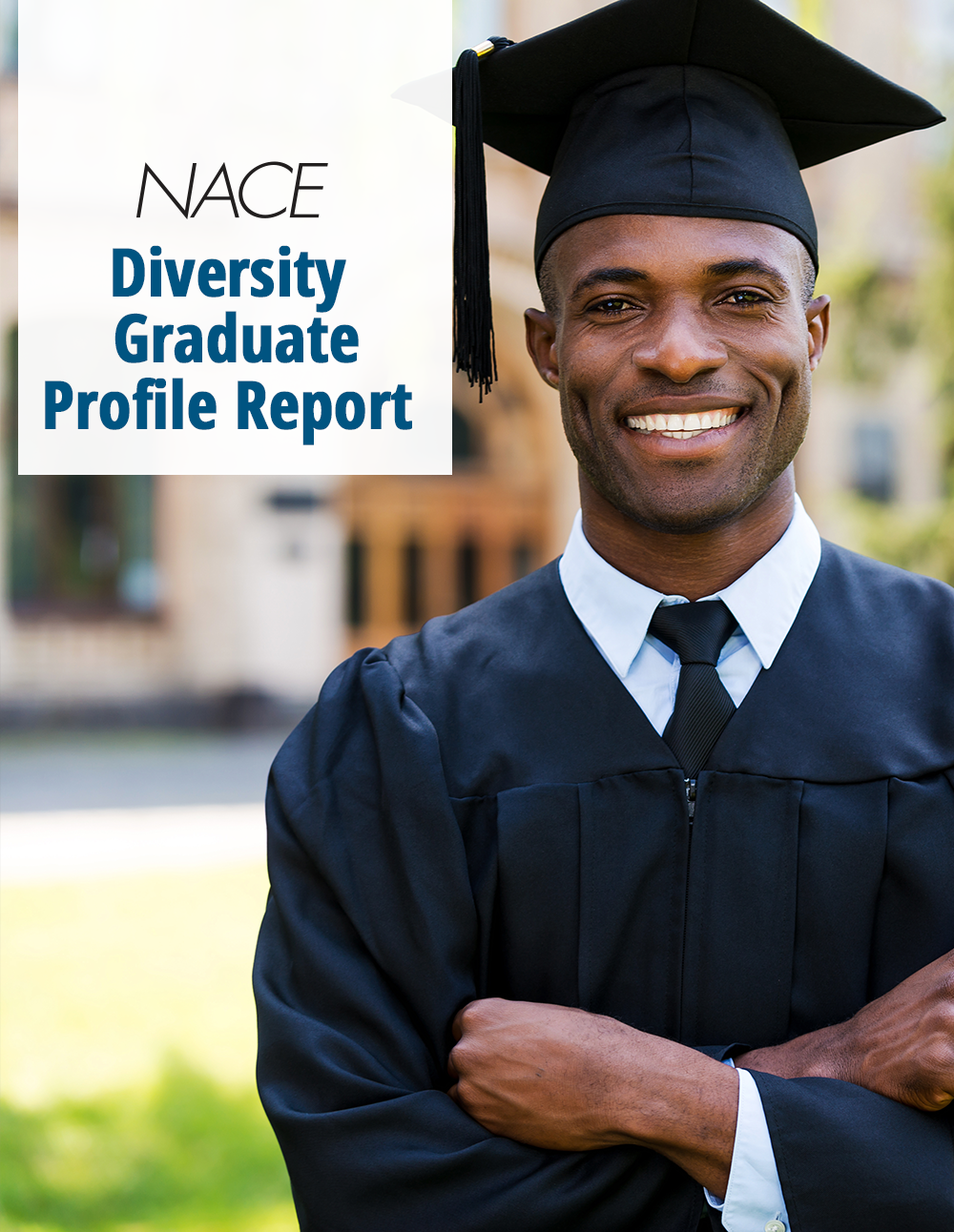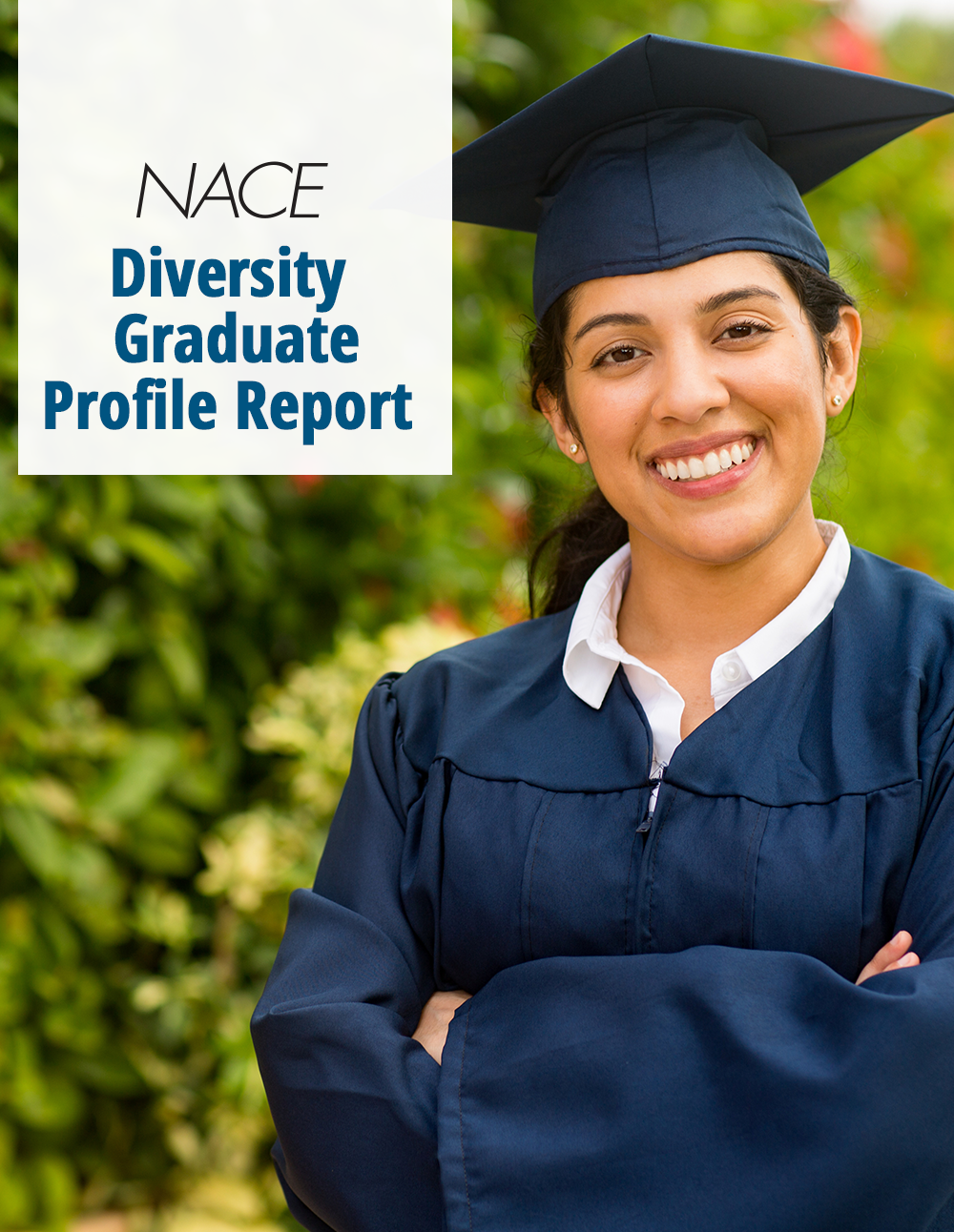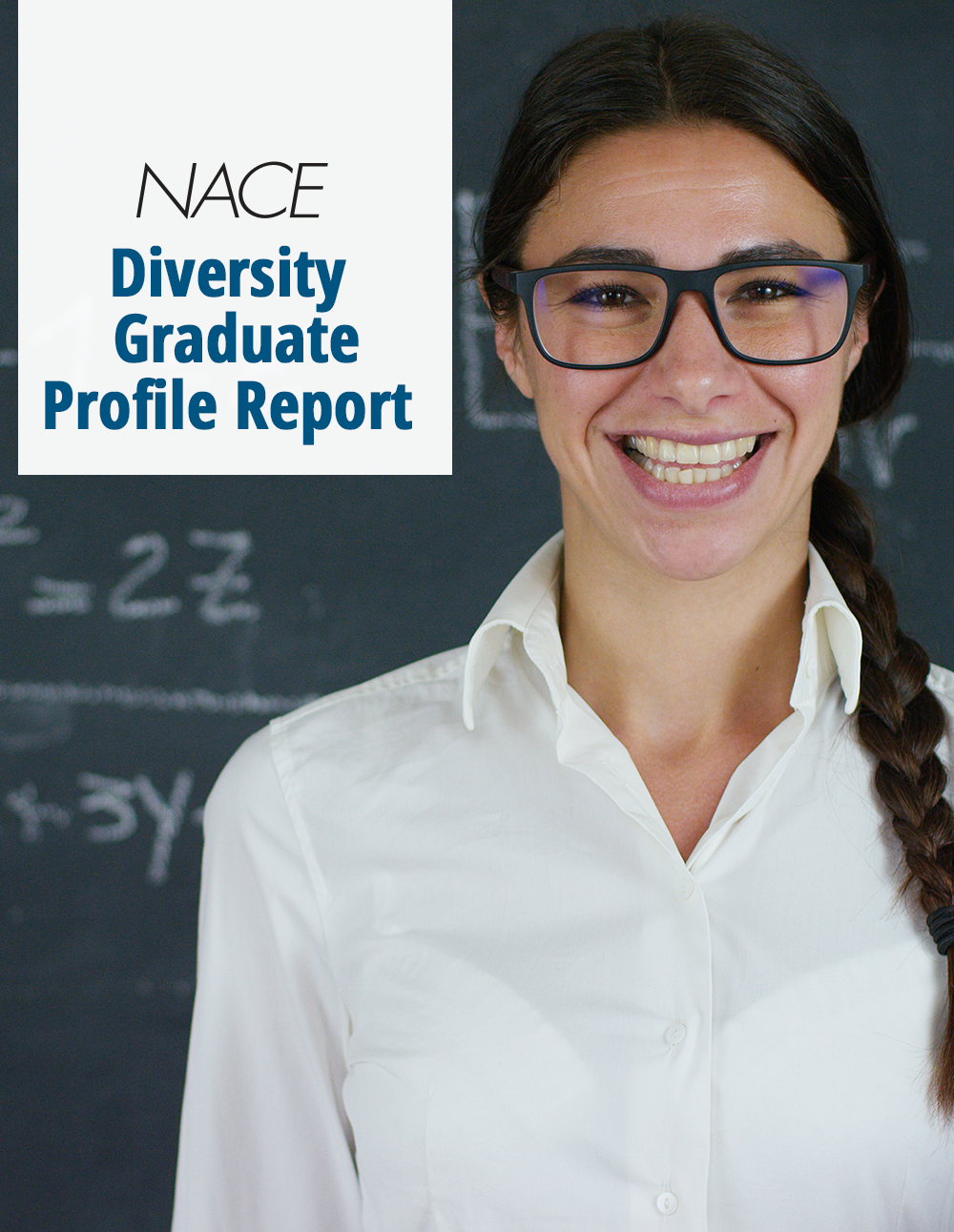The words diversity, equity, and inclusion (DEI) have increasingly become the buzz words du jour, and rightfully so, as inequities, xenophobia, and the like unfortunately continue in our society. Within the realm of diversity, equity, inclusion, and social justice, there are many concepts to learn, topics to unpack, and feelings to process (which will all take time) if we are to truly move forward. What has gotten lost amidst discussions about authenticity and truly embracing diversity, however, is the importance of honoring people by their given names. Pronunciation of names is an important yet overlooked topic in the space of diversity and inclusion.
My name is Padmaja Rao (pronouns: she/her/hers) and I am a first-generation (or second, depending on who you ask) American of Asian Indian descent who has served in various roles within the education industry (both higher ed and K-12) for more than two decades. My name, as you may have guessed, is non-Anglo; the name Padmaja (phonetic: Pudh-muh-jah) comes from the ancient language Sanskrit and has very auspicious meanings in Hinduism.
The topic of honoring names is personal for me and might strike a chord for other Americans who may feel compelled or comfortable to go by a shortened version of their name or an entirely different (Anglo) one because they want to either be seen as ‘American,’ make others comfortable, and/or believe that a name change will yield better job prospects. Pertaining specifically to higher education, over the course of my 20+ years working with students (and colleagues), I have worked with many of Asian origin who questioned whether to use their real names on their resumes based on both their experiences in school and social settings, as well research about recruitment bias impacting job seekers with non-Anglo names. Sadly, many with whom I have interacted have seen using their real names as a professional liability, which I understand because I too had previously gone by different names in my life anticipating that doing so would make others comfortable interacting with me and that I would be seen as a fellow American, even though I already am one. Going by different names was about me prioritizing the comfort of others, so much so that I would preemptively thwart awkward moments by responding when people would address me as “you” upon encountering my real name. Despite these attempts however, I kept encountering folks who categorized me as anything but American, which I surmise now has to do with people’s preconceived notions of what it means to be an American. The fact that people continued to view me as a foreigner regardless of me having shed the name Padmaja told me that even if I were to revert back to using my real name, which I actually preferred to do, I would still need to educate my fellow citizens on identity, inclusion, and what ‘being an American’ means.
Several years ago, I made the decision to go by Padmaja and I could not be happier. While I have been immensely happy to go by my given name, I started to face a different challenge, one that is ongoing and has exposed the limitations on how far society will go towards embracing true inclusion and diversity. Since having established myself as Padmaja, I have encountered some “interesting” reactions over the years in different situations. For example:
- “Your name is just too foreign-sounding.”
- “I don’t like your name. I’m going to call you Rebecca.”
- “Where did you come from?”
- “What’s going on over in your country?”
Those reactions to my name, apart from their tone, revealed something deeper and troubling) to me. The assumptions made by others about where I was raised and my citizenship, not to mention the doubts that lingered in people’s minds even after I had responded to their subsequent inquiries, were jarring. Needless to say, the fact that I am still pulled into debates about where I’m “really” from has been a tiresome and frustrating experience in which I am seen as a perpetual foreigner in my own country. While I began talking about this topic a long time ago, I decided to put fingers to computer ever since I became aware of Vice President Kamala Harris experiencing taunts from some of her fellow members in Congress for having a non-Anglo first name. I figured that if the implication is that the US Vice President herself is seen as a foreigner simply because of her name, then this may speaks to a larger issue in our society, where a person’s name is used as a barometer in determining who is an American. The incident involving the vice president, along with my personal experiences and those I have witnessed over the years, solidified my decision to share my thoughts on paper; I waited to do so until this month, however – in honor of Asian American and Pacific Islander Heritage Month.
As a professional working in higher education, I see a dual purpose in bringing awareness about identity, including pronunciation of names, and Asian American communities: Using my own background and first-hand experiences, I would like to both be a source of support for fellow Asian Americans, many of whom are students, dealing with microaggressive behaviors, including those against their names, stemming from stereotypes ascribed to us and also empower Asian American students to feel comfortable in expressing themselves and be heard regardless of the name they choose to go by. In a time when being authentic is encouraged, I feel this is a perfect opportunity to help clarify misconceptions and dispel harmful stereotypes about Asian Americans, through both my membership in NACE’s Diversity, Equity, and Inclusion Task Force and various affinity groups.
Whether this takes place in a classroom, workplace setting, or social situation, refusing to say someone’s name or expecting the individual to change it is the polar opposite of practicing inclusivity; it is, in fact, a microaggression that seeks to alienate that person and can easily lead to a normalization of exclusionary practices – intentional or not – bringing with it negative consequences for a whole group of people. Worse, those never addressed by name get used to being overlooked or even invisible as they notice that their contribution to a group is not acknowledged as coming from them. This alienating behavior can be diminishing to a person and can take its toll with long-term consequences of individuals disengaging from the group.
For instance, the Scripps National Spelling Bee in which many U.S.-born young people of Indian descent participate: For many years in a row, an American child whose origins are Indian has won this competition. Yet, what has followed from news media is not celebratory of these children. Instead there were news outlets reporting that these youngsters are not American and that “foreign kids should not be allowed to participate in an American spelling bee.” It is precisely these types of situations that set the stage for (no pun intended) othering to perpetuate xenophobic thinking. Moreover, Asian Americans with non-Anglo names are assumed to not know English or if they do, not very well.
Having worked with students with origins from the Global South or Global East, I continue to come across many who go by a name different other than their actual one, which is fine as long as they do not feel pressure to go by an Anglicized name. If I see their real name on say, a resume, I always ask if they prefer that I address them by their real name. I feel it is important to do this as part of making all students feel welcome is to honor their given names. This is one of the ways we can put inclusivity into practice. Students, regardless of background, should feel welcomed and included. The key is fostering a sense of belonging for students on campus and demonstrating inclusive behaviors. If you encounter an unfamiliar name while working with a student or colleague, I encourage you to make the attempt to pronounce it. It will go a long way. One’s name is an integral part of one’s identity. A name can connect us to our heritage. When people are acknowledged by name, they can feel included and may want to engage more with colleagues, professors, and peers. They may also feel comfortable enough to speak up more because there is trust in colleagues who welcome them.
More recently, however, what has been quite surprising and a bit disappointing for me is learning just how many individuals who I have come across advocating for diversity and inclusion have been complicit of not addressing a person by name. While these same individuals may have great intentions to be allies for the Asian American community and while it is understandable that there may be hesitation to call someone by their given name due to a fear of mispronunciation, I speak from experience when I say people will appreciate you for at least trying. Recognizing that Asian Americans with non-Anglicized names are part and parcel of this great nation of ours is one of the steps towards inclusive behavior.
For those working in higher education, where the emphasis is on learning, we need to ensure that the learning ecosystem is as welcoming as possible for all students who have chosen to attend our institutions. Addressing someone by their chosen name fosters a sense of belonging for the student to a group and demonstrates an embrace of diversity and inclusive behavior which then helps to promote an inclusive learning environment. During those times when I have heard my name said by someone that I just met who, with genuineness, has asked me if they are pronouncing it correctly, I am absolutely thrilled. Wouldn’t it make sense, in the spirit of inclusion, to take the opportunity to learn someone’s name and make the attempt to pronounce it?
At no time have diversity, equity, and inclusion been more at the forefront of society’s collective consciousness. Names matter. Words matter. Even one attempt at pronouncing someone’s name goes a long way. I have heard and been part of so many discussions centered around the importance of identity and being proud of one’s identity. Yet, we still see that in schools, in workplaces, there is the subtle and not so subtle messaging of being seen as the “other,” all because of the individual’s name. Just because I and many like me do not choose to go by a nickname or an Anglo name does not mean that we do not belong. I offer this gentle reminder that we are not foreign to America. Don’t get me wrong: I am extremely proud of my heritage and country of my ancestors, but at the same time, I am an American, a part and parcel of this great land. And we still will be even when we keep the names we were given at birth. I cannot stress this enough: Please make the attempt to pronounce someone's name. The recent violence against Asian Americans across the various diasporic cultures in the U.S. tells us there is too much at stake to ignore the concerns of these communities which are a part of the fabric of this nation. As Beyoncé says: Say My Name!
Padmaja Rao is associate director of Career Services at Wayne State University.
